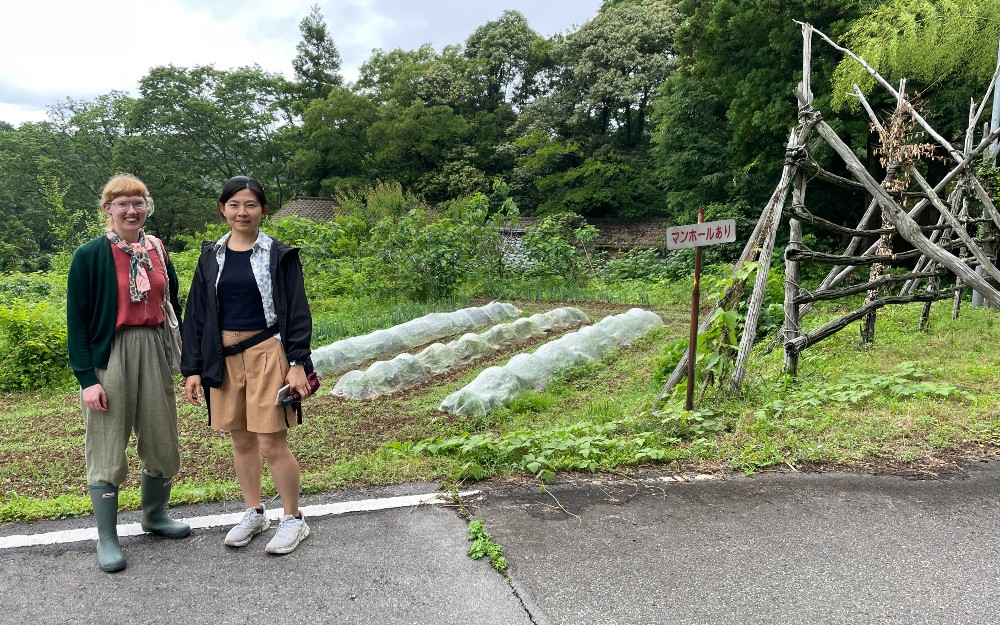There has been a great deal of comment on the draft Agriculture Bill, published on 12th September, which seeks to set out how the government will support farming after Brexit. CCRI Director, Professor Janet Dwyer has just completed her detailed reading of the Bill and has the following observations:
“Is Defra becoming DEF? – the Department for Environment, Food and Rural Affairs, via the powers enabled in this draft bill, looks set to lose its future engagement with Rural Affairs.
This bill is needed to give DEFRA ministers powers to make payments and other provisions to replace what they currently do under the Common Agricultural Policy (CAP) as it applies in England and Wales.
As it stands, the draft text allows the Secretary of State to give payments in England for environmental and amenity benefits (improving the farmed environment, tackling climate change, promoting public enjoyment and understanding of the countryside, protecting natural and cultural heritage, funding hazard prevention and animal welfare); and payments to improve the productivity of agriculture and forestry, defined technically.
But it is missing any powers to continue the valuable effort that takes place under the CAP to promote rural development and help rural economies and communities. This effectively cuts Defra’s role in supporting Local Enterprise Partnerships and, perhaps most crucially to rural people, would eliminate LEADER, the locally-focused ‘bottom-up’ rural development approach currently available across rural England.
This gap in provision for England is made more striking as the Bill makes special provision in Wales to allow the Minister to continue to give post-CAP funding for Wales to support rural businesses and communities, as well as all the people involved in agriculture and forestry. However, this is only for Wales [and potentially for Northern Ireland once the assembly is re-established]. The Bill does not apply to Scotland, which will have its own post-CAP legislation.
It’s as though here in England the needs of rural businesses and communities, already facing considerable strain from reduced public services, low earnings and the significant withdrawal of CAP farm support, have become invisible. The Bill would remove from Defra the ability to offer help in future for rural broadband, for rural services, for community self-help and counselling services, for micro-business start-ups, for rural transport, for multi-functional pubs and rural post offices. For the past 20 years or more, these investments have made a real difference to the lives of rural people and communities up and down the country.”

Janet Dwyer is Professor of Rural Policy at the CCRI and an established expert on European rural development, agriculture and environment policies. She is a fellow of the Royal Society of Arts, an Associate of the Royal Agricultural Societies of the UK, and Member of the French Academie d’Agriculture. In the last 12 months she has given evidence to the House of Commons Environment, Food and Rural Affairs Committee, the House of Lords Rural Economy Committee and the Welsh Government, on various matters including the implications of Brexit for rural areas and priorities for future rural policy in England and Wales.
Additional information and sources
LEADER is an established method of delivering rural development funds at a local level. LEADER is a French acronym which roughly translates as ‘Liaison among Actors in Rural Economic Development’. A Local Action Group (LAG) brings together individuals from local public, private and civil society organisations. Through an agreed Local Development Strategy, LAGs tackle important local priorities in a locally specific, innovative and participative way (Defra, 2017). There are LEADER groups all over Europe, and 79 currently in England. Information on LEADER can be found on the gov.uk website.
The CCRI has been a partner in four successive studies to evaluate the performance of Defra’s Rural Development Programmes in England, which have operated since 2001. The Institute has specific knowledge and expertise concerning the impact of this funding targeting wider rural development, in England and many other parts of Europe.
References
Mid Term Evaluation of England Rural Development Programme 2007-2013 (2010)
Ex Post Evaluation of England Rural Development Programme 2000-2006 (2008)
Dwyer, Janet C, (2018) The Implications of Brexit for Agriculture, Rural Areas and Land Use in Wales, Report to the Policy Institute for Wales
Dwyer, Janet C and Powell, John R (2016) Rural Development Programmes and Transaction Effects: Reflections on Maltese and English Experience. Journal of Agricultural Economics, 67 (3). pp. 545-565.
Janet Dwyer gave evidence to House of Lords Rural Economy Committee on Tuesday 10th July [link to CCRI news item and footage].
Janet Dwyer evidence prominent in newly published House of Commons Environment, Food and Rural Affairs Committee EFRA report [link to CCRI news item and report].
CCRI response to Health and Harmony consultation paper
For further information please contact:
Dr. Matt Reed
Tel: 01242 714138
Email: mreed@glos.ac.uk




